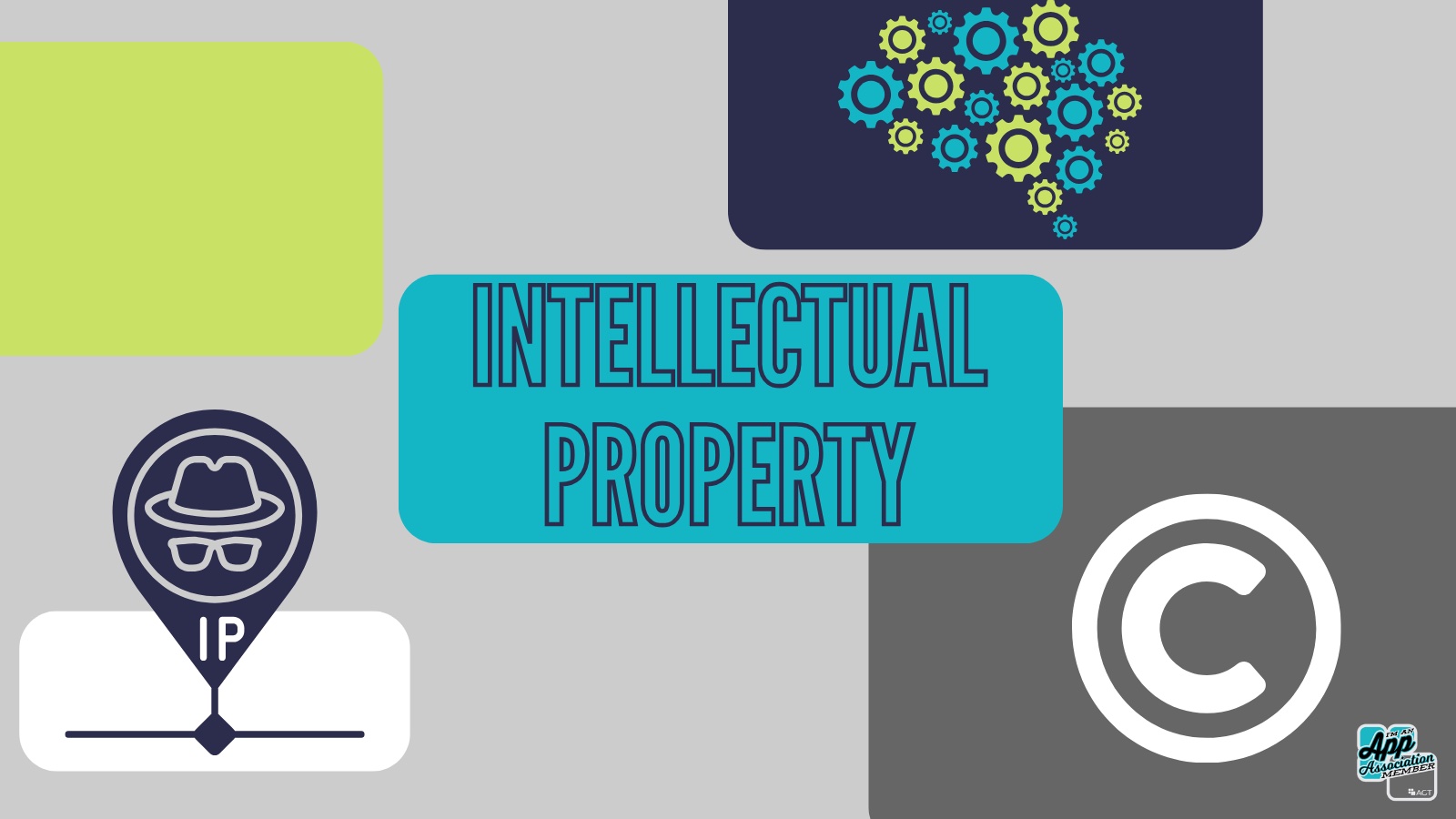On March 6, 2024, ACT | The App Association led a briefing on Capitol Hill to discuss the dissonance between Section 1201 of the Digital Millennium Copyright Act (DMCA) and recent arguments to enable broad rights to repair consumer devices. We were joined by experts Devlin Hartline, Legal Fellow, Hudson Institute; Debbie Rose, IP Fellow, ACT | The App Association; and Kevin Madigan, VP, Legal Policy and Copyright Counsel, the Copyright Alliance.
Our expert panelists outlined for the audience why broad proposals for the right to repair, diagnose, and modify consumer devices (“the right to repair”) in the DMCA triennial review process, state legislatures, Congress, and even at the Federal Trade Commission (FTC) would strain U.S. innovation. The right to repair has commonly arisen from third-party repair services that seek access to the software of a consumer device, like a smartphone.
As someone who had a seat at the table during the writing and passage of the DMCA, Debbie Rose noted that the triennial review process is the appropriate proceeding to address consumer right to repair concerns. However, these concerns fail to meet the high burden of proving actual harm to the public’s lawful use of a copyrighted work where there are clear market solutions and where federal copyright laws would be depleted. Debbie explained that Section 1201 of the DMCA prohibits bypassing technical protection measures (TPMs, ex., software authentication and encryption) that copyright holders use to protect their digital works. In addition to narrow and necessary exceptions that Congress intentionally carved out in Section 1201 to support innovation and advance the public interest, the U.S. Copyright Office holds a triennial review of Section 1201 to assess new potential exceptions that allow the DMCA to evolve with the digital landscape.
The marketplace often addresses right to repair concerns with certified repair options. Closed-sourced and open-sourced digital markets provide businesses and consumers with an ecosystem that supports their preferences. In addition, private market solutions exist for devices like mobile phones. Developers of digital devices might implement TPMs to protect their intellectual property (IP) and consumer information but offer repair services for malfunctioning devices. A device developer may choose to authorize certain third-party repairs to defend against repairs that could decrease or alter the quality of their product. Consumers may also be provided self-service repair options. These choices are not theoretical. Companies like Apple and Samsung provide private market options for their consumers.
Kevin Madigan clarified that narrow approaches to consumer device repairs that are balanced with copyright protections are not antithetical to innovation. Instead, broad right-to-repair proposals that seek to override TPMs that are crucial to protecting works —movies, music, video games, software, and other copyright materials—would open the door to widespread piracy, privacy, and cybersecurity threats. The result would be significantly altered consumer access to digital devices. Recent petitions to the FTC that request the agency to use its broad competition enforcement authority to expand the right to repair would amplify this harm to U.S. businesses and consumers.
Devlin Hartline, an expert in right to repair laws, argued that recent proposals either wrongly label copyright as anti-competitive or disregard copyright law altogether. He believes that the proposed laws and DMCA exceptions could damage public interests and go against the U.S. Constitution’s goal of encouraging innovation and creativity for the public’s benefit through individual reward. Devlin pointed out that one of the more concerning elements in state legislative proposals is the attempt to restrict “parts-pairing,” where a copyright owner digitally pairs parts of their devices through TPMs to protect the integrity of the device, making unauthorized independent third-party repairs impossible. Parts-pairing lies squarely within a copyright holder’s exclusive right to protect and benefit from their copyrighted (and possibly patented) innovation and, therefore, is outside the scope of what states can regulate.
Conclusion
The App Association is pleased to lead educational discussions for policymakers about the importance of strong copyright-related protections like those provided in Section 1201 of the DMCA. Attempts to dismantle the rights of innovators have a direct impact on App Association members and the consumers who rely on their pioneering technology.
In furtherance of our efforts to protect the DMCA Section 1201 triennial process, the App Association will participate in two public hearings held by the U.S. Copyright Office. Click here to attend virtually.
